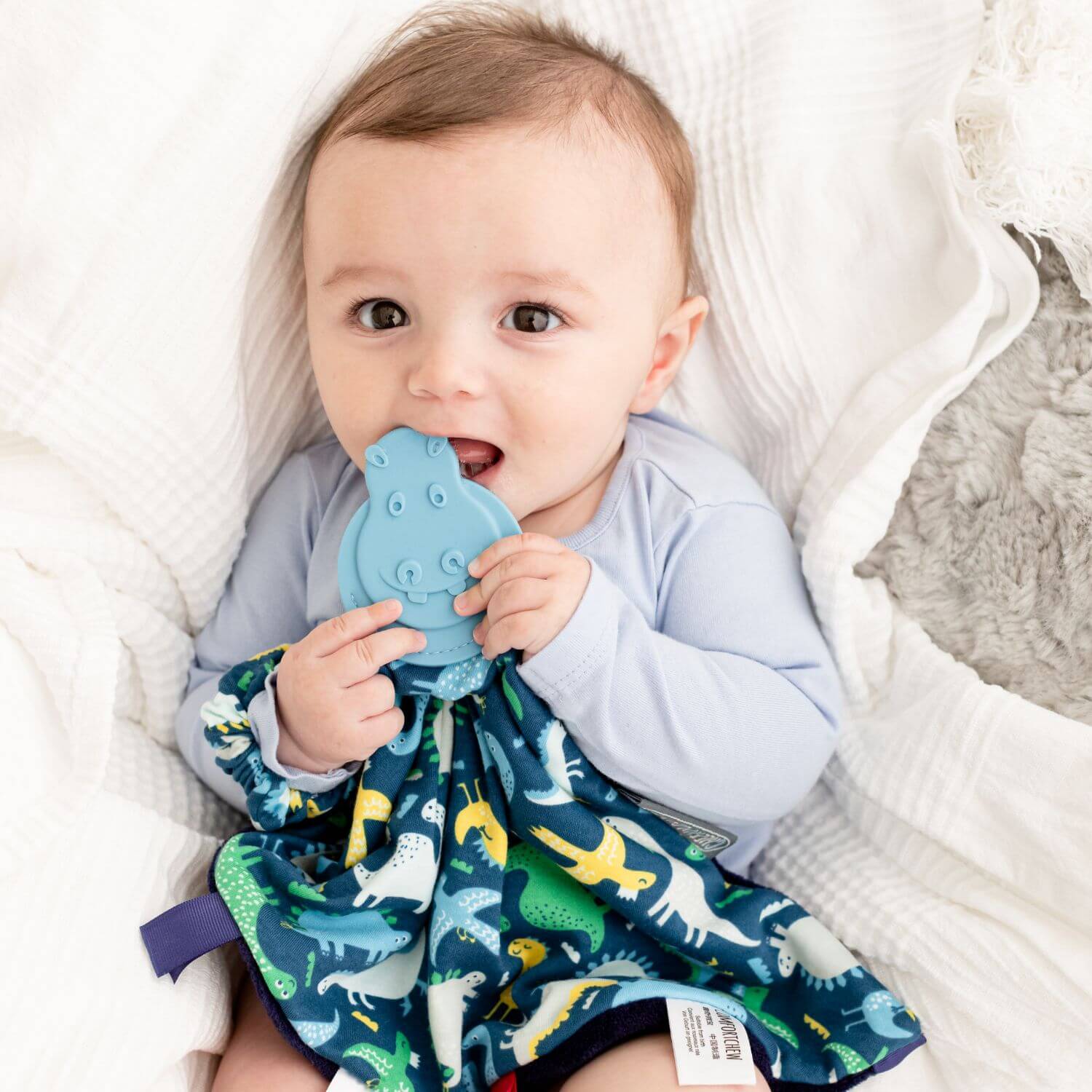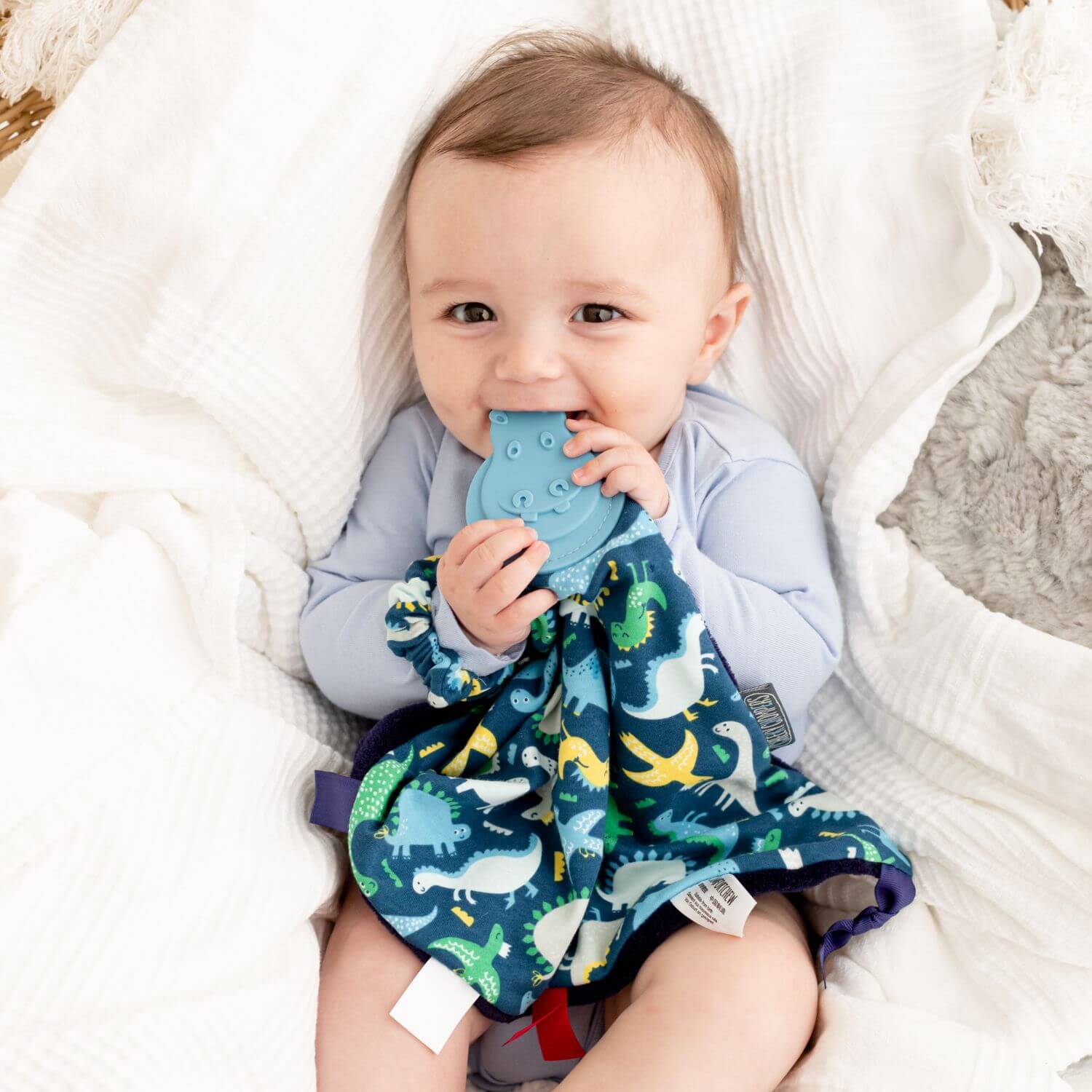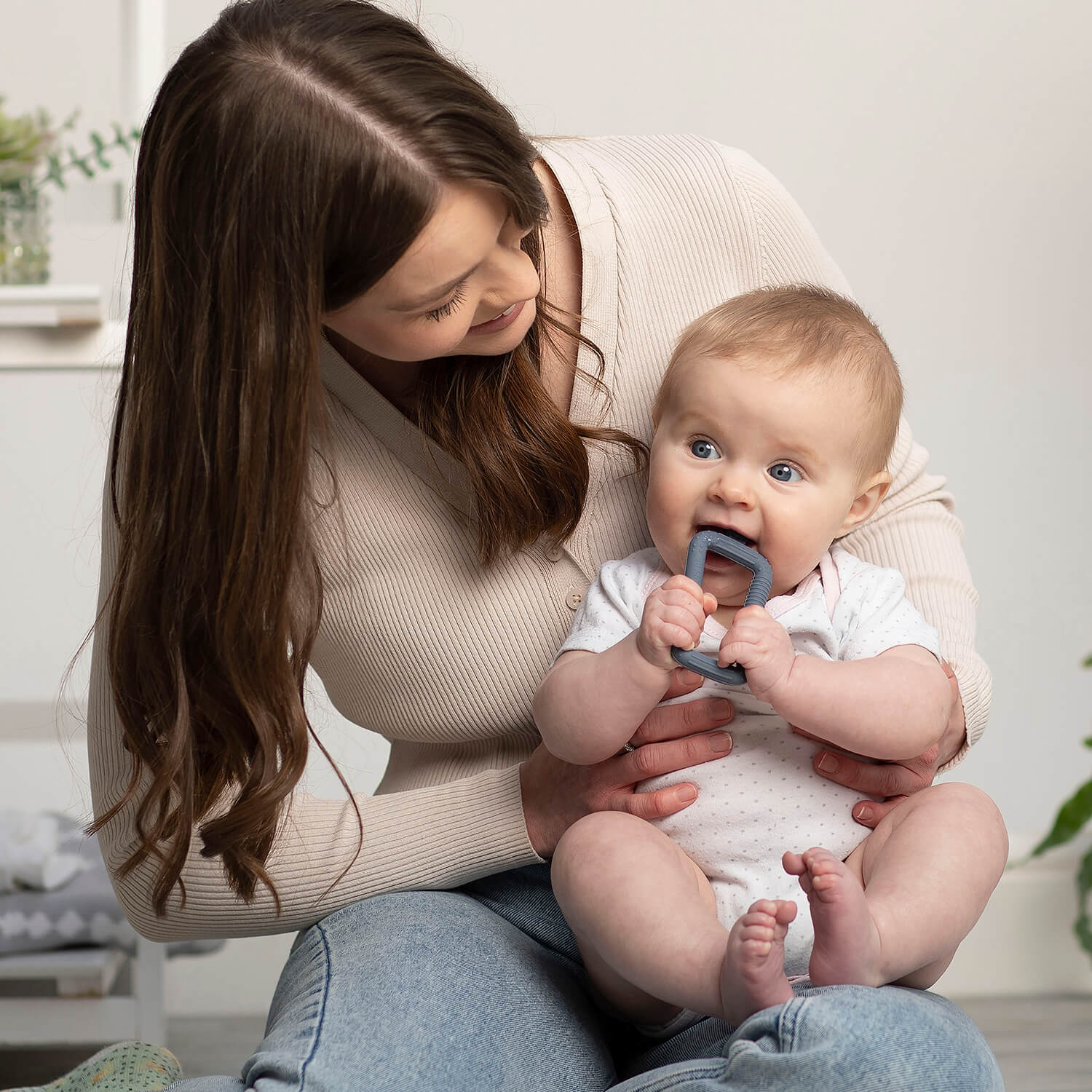New Mother, New Grandmother, the relationship rollercoaster
The birth of a grandchild is a cause for celebration. But when a child becomes a parent themselves, existing family structures are radically altered. Old tensions between parents and their adult children may come into sharp relief, while new relationships with in-laws must be navigated carefully.Family psychologist Terri Apter explains why love across generations isn’t always easy - but is certainly worth the effort.
How does a new grandmother feel – and why?
‘Grandma swoon’ describes the common experience of falling in love, at first sight, with your grandchild.
Each kind of love has its own set of brain chemicals, and the whoosh of love for a child is normally associated with the high oxytocin levels in new mothers.
A less familiar fact is that when grandparents engage with an infant, they too experience a rush of this so-called ‘cuddle hormone.’













